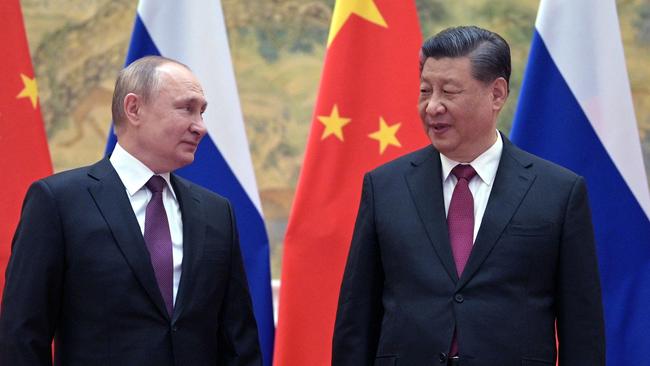
Beijing helps Russia in three main ways.
First, it continues a huge trade with Moscow, some $US190bn last year. This encourages other nations to trade with Russia. For much of the past year, Russia’s commodity export income was higher than usual (that’s changed recently), having substituted other markets to compensate for Western sanctions.
Second, Beijing provides diplomatic cover for Russia. The just concluded G20 foreign ministers’ meeting in India was unable to issue a joint declaration because Beijing and Moscow refused to endorse a clause condemning Russia’s invasion. You might argue Russia’s presence made a joint statement impossible. But multilateral bodies sometimes issue statements defying the veto of a single member nation when that nation is the subject of the statement. But two dissenting members, with one the world’s second largest economy, are just too difficult.
Beijing’s commercial engagement and diplomatic protection are tremendously important in influencing the global south. Most of these nations still look on America as all-powerful, so their public opinion tends instinctively to blame the West.
Paradoxically, they’re also influenced by Western self-hatred. Many such nations consume much Western media. They often take the wildly exaggerated condemnations of the West by its own media and academia at face value. When I spent time visiting Islamist extremists in Southeast Asia I was surprised how frequently I saw the tomes of figures such as Noam Chomsky, John Pilger and other haters of the West’s strategic position.
Numerous national leaderships in these nations are cynical about the global rules-based order. Democracies are less successful now, so democracy itself enjoys less prestige. Then the Americans sometimes criticise them for human rights violations, whereas Beijing never does. Beijing helps ensure much of the global south doesn’t buy into sanctions, even if most will support motions criticising Russia at the UN General Assembly.
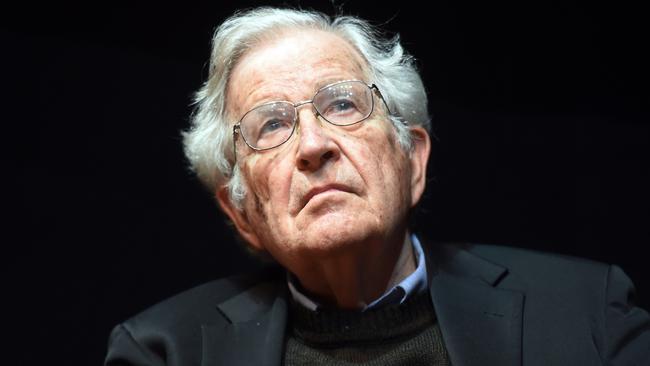
The third way Beijing helps Moscow is with dual-use technology, items that are notionally civilian but can be adapted for military use. US Secretary of State Antony Blinken accuses Beijing of supplying dual-use technology to Russia. This is believed to include computer chips.
Because of sanctions, Russia finds it difficult to manufacture many military items. If it gets the technological building blocks from China, it can partly remedy that. It’s reported Beijing supplies civilian drones to Russia. Nothing is easier than using a civilian drone for military purposes. So what of China directly supplying weapons to Russia? The US alleges Beijing was on the brink of supplying military drones and heavy artillery ammunition to Moscow. Western intelligence is effectively unanimous in that view. Senior NATO figures have also asserted this.
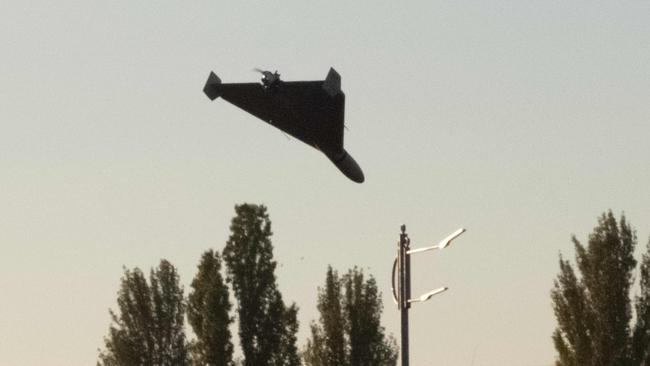
That Albanese government ministers such as Defence Minister Richard Marles and Foreign Minister Penny Wong have urged Beijing not to do this suggests the Australian system takes this assessment seriously, too.
The Americans believe Beijing was planning to supply weapons clandestinely, probably through some intermediary. By making this intelligence public, the Americans hope to make this impossible. The continuation of the Ukraine war suits Beijing perfectly. It keeps the US committed in Europe and distracted from Asia; it drains Western military resources; and it results in Russia becoming a client state completely dependent on China.
The West has rallied well for Ukraine, it’s right to do so. But Western deterrence didn’t work against Vladimir Putin, though Putin’s deterrence to some extent works against the West.
Ukraine has fought magnificently. The West has given it enough weapons to keep it ahead but not enough to win because the West is scared about what Putin might do if he thinks he will lose, especially in Crimea.
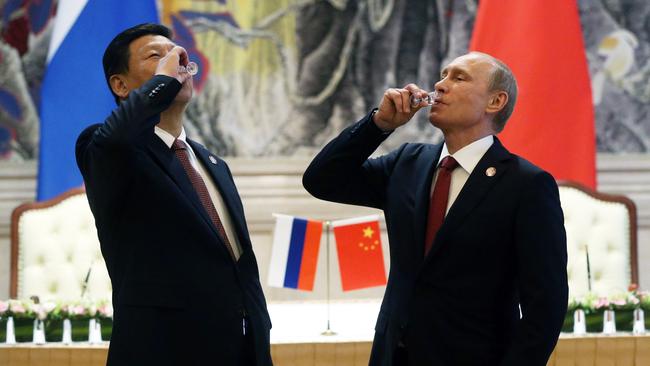
Meanwhile, Putin calculates the West will grow weary or bored – Donald Trump’s statements reinforce this – and ultimately leave Ukraine dry. Putin also calculates that even Ukraine’s magnificent courage cannot sustain this human loss indefinitely. Russia has lost tens of thousands of soldiers but its territory has hardly been attacked. Moscow may think its population resources and China’s continuing support mean time is on its side.
All of which brings us to several forthcoming diplomatic policy choices for Albanese. The government has been right to try to stabilise the China relationship. Kevin Rudd made a telling point that the last government should have talked less, especially about war, and done more, especially about defence.
But apart from bolstering our military, the Albanese government faces tough diplomatic decisions. So far, the Albanese government hasn’t given China an inch on any important Australian national interest issue. But the toughest stuff starts now.
Beijing has ditched its public wolf warrior style. However, no underlying strategic reality has changed. On Sunday Beijing announced another massive increase in military spending.
Nor has Beijing’s behaviour changed, in supporting Moscow, behaving aggressively with its military, etc. Beijing will now offer to remove remaining trade embargoes against Australian products in exchange for Canberra offering concessions. The Albanese government must not offer any concession in exchange for Beijing ceasing completely unreasonable actions against us.
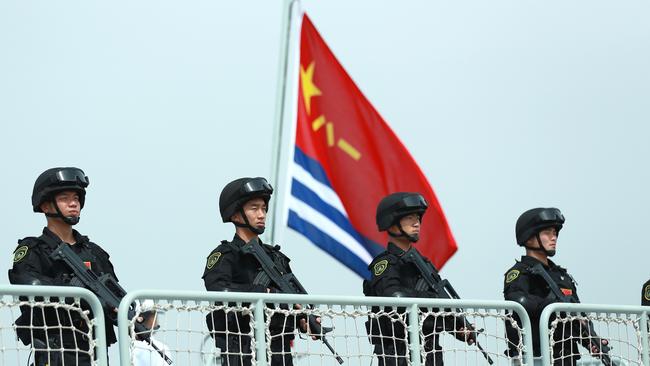
Its trade sanctions actually hurt us very little and helped push Australian exporters into market diversification. It’s important that the Albanese government lead our exporters in continuing to seek trade diversification. Concentrated on China, we are too vulnerable.
Second, we should continue the cases we have against Beijing at the World Trade Organisation to their conclusion and get formal adjudications.
Third, we must under no circumstances support Beijing joining the Comprehensive and Progressive Agreement for Trans-Pacific Partnership, even once its embargoes against us are lifted. Beijing has shown, in ignoring its free-trade agreement with us, that it will disregard any agreement to impose unfair trade restrictions whenever it wants. Further, it can’t satisfy the CPTPP’s free-market criteria in substance, even if it can finagle the legal fine print. Our two closest allies, the US and Japan, are strongly opposed to Beijing joining the CPTPP.
Finally, the government must be cautious about all large-scale Chinese investment in Australia. It is Beijing that has eliminated all security distinctions between Chinese private and state-owned companies. With our trillions of dollars of superannuation and the attentions of many global investors, we’re not crying out for more foreign capital. These tough decisions required of the Albanese government are distinctly unglamorous. They’re also necessary.





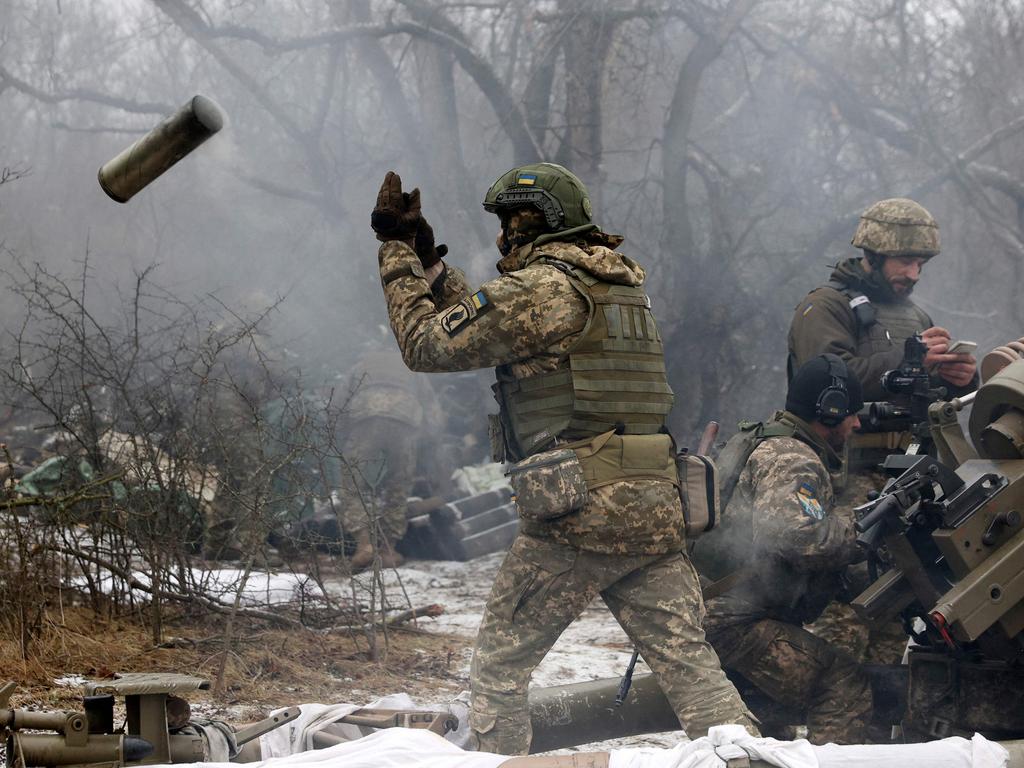


China, for all its protestations of neutrality in the war in Ukraine, is keeping Russia in the conflict. Western intelligence judges that without Beijing’s help, Moscow would be in much worse shape than it is now. Which is why the question of whether Beijing will supply Russia with lethal weapons, while intensely important, is slightly beside the point.